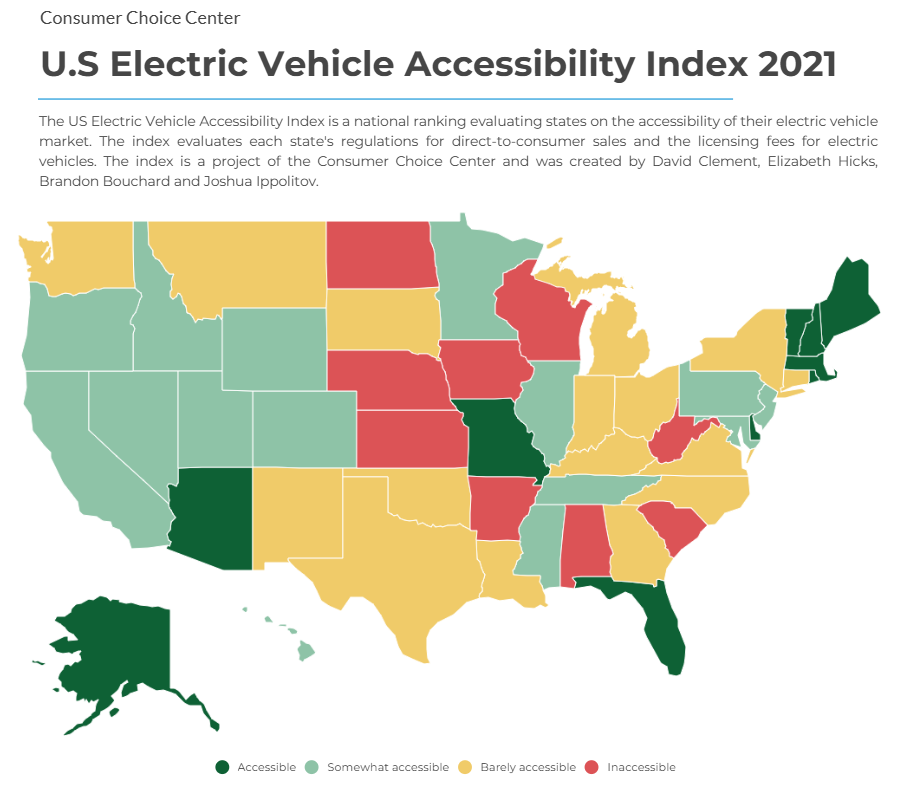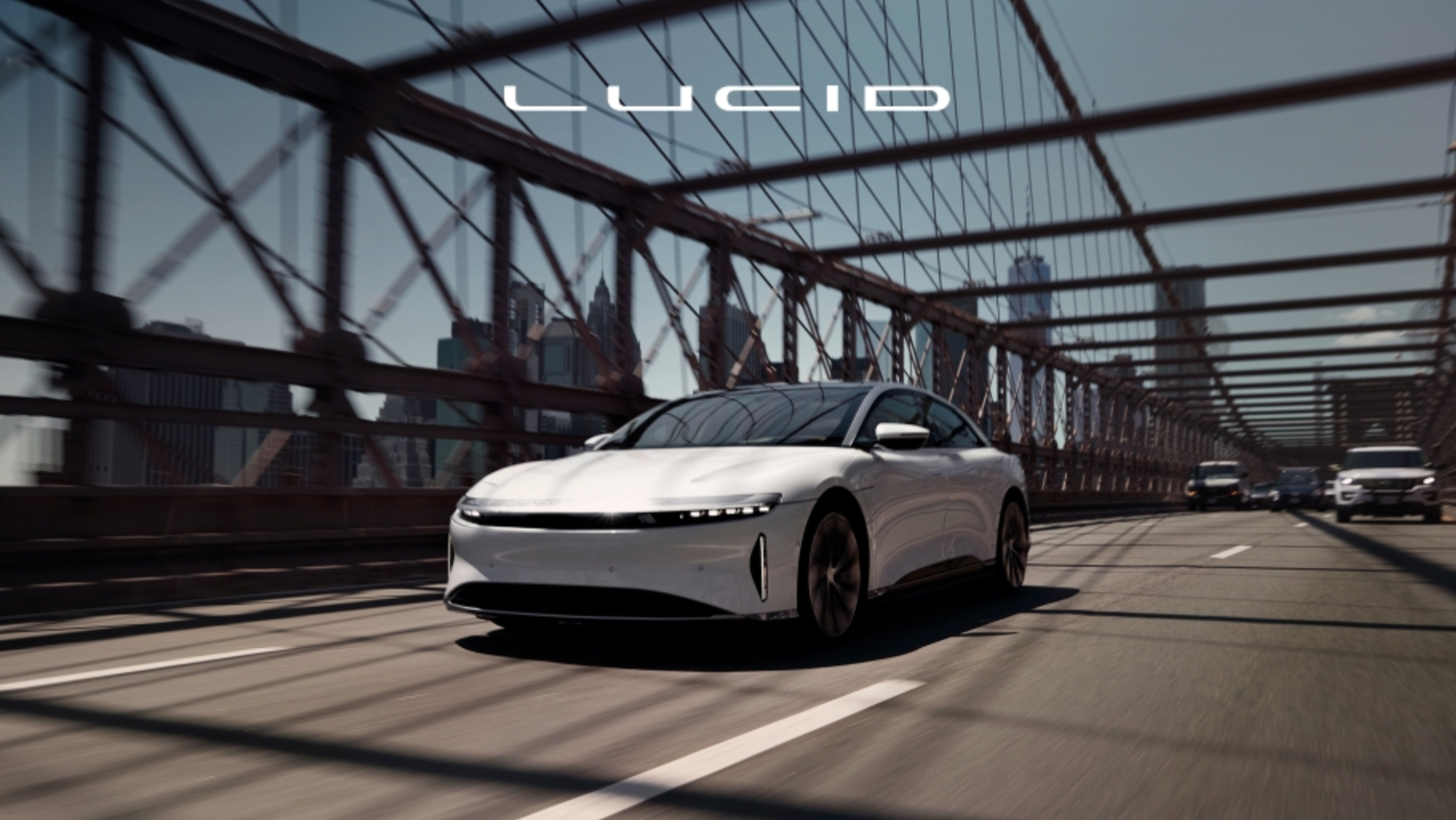Picture this: You’re an electric vehicle enthusiast living in Washington State, eyeing the sleek design of a Lucid Air and imagining it in your driveway. You head to the Lucid website to order one, only to discover that you can’t complete the purchase directly. Why? A law designed to protect traditional car dealers has left Lucid—and its prospective customers—stuck in the slow lane.
In November 2024, a Washington State appellate court ruled against Lucid Motors in its attempt to obtain a dealer license, citing a decades-old law intended to shield dealerships from unfair competition by manufacturers. The court decision is a stark reminder of how legacy regulations, designed in a very different automotive era, are clashing with the needs of a modern, EV-driven market.
At the heart of this case lies a law that prohibits automakers from selling vehicles directly to consumers if they already have agreements with franchise dealerships. This regulation, originally established to prevent manufacturers from undercutting their own dealers, was never designed with EV startups like Lucid in mind. Unlike traditional automakers, Lucid operates on a direct-to-consumer model, mirroring Tesla’s approach of bypassing dealerships entirely. This model allows companies to control pricing, maintain brand integrity, and offer a seamless customer experience, but it runs headlong into Washington’s franchise protection laws.
To understand why this is such a contentious issue, let’s look at the broader picture. Traditional dealerships argue that direct sales from manufacturers create an uneven playing field. They claim that these models undermine the dealership ecosystem, which employs thousands of workers and has deep roots in communities across the country. On the other hand, EV manufacturers like Lucid argue that the dealership model isn’t equipped to sell their highly specialized products. Selling an EV often requires technical expertise and personalized customer support that many traditional dealerships simply can’t offer.
The Washington appellate court sided with the dealers, stating that granting Lucid a license would violate the state’s existing laws. This decision leaves Lucid in a bind, effectively barring the company from establishing physical sales locations in the state. While consumers can still configure and reserve vehicles online, they must complete their purchases and pick up their cars out of state, adding an inconvenient hurdle for potential buyers.
This ruling isn’t just a setback for Lucid; it’s a roadblock for EV adoption in Washington. Consumers want easier access to cutting-edge vehicles, not more red tape. According to a report by BloombergNEF, barriers like these could slow the rate of EV adoption, particularly in states where outdated laws prevent direct sales. For a state like Washington, which has ambitious climate goals and a strong push for electrification, the ruling feels counterproductive.
Tesla faced similar challenges when it entered the market. The company fought—and won—legal battles in several states to sell its vehicles directly to consumers. Lucid, however, doesn’t have the same level of clout yet. While Tesla’s success paved the way for other EV startups, the Washington case shows that the fight is far from over. The state’s decision highlights the ongoing tension between preserving traditional business models and embracing the future of mobility.
For Washington residents, this ruling has real-world implications. Imagine you’re trying to buy a Lucid Air, a luxury EV touted for its long range and innovative tech. Instead of visiting a nearby showroom, you’d have to travel to a neighboring state like Oregon or California to finalize the sale. This inconvenience doesn’t just hurt consumers; it puts Washington at a competitive disadvantage. Nearby states with more flexible sales laws are likely to see increased tax revenue and economic activity from EV purchases, leaving Washington in the dust.

This issue also raises questions about the future of car sales in general. As EVs become more mainstream, traditional dealerships will need to adapt or risk becoming obsolete. Some forward-thinking dealerships have already embraced EVs, offering specialized training and dedicated sales teams for electric vehicles. However, for many, the transition has been slow, leaving room for companies like Lucid to carve out their niche with direct sales.
The Washington ruling underscores the importance of modernizing laws to reflect the realities of today’s automotive market. Protecting dealerships made sense in an era when manufacturers relied on them to reach customers. But as technology advances and consumer preferences shift, the need for flexibility in how vehicles are sold has never been greater.
For EV enthusiasts and advocates, the takeaway is clear: The fight for direct sales is about more than convenience—it’s about accelerating the transition to cleaner, more sustainable transportation. States that embrace new sales models will position themselves as leaders in the EV revolution, while those that cling to outdated regulations risk falling behind.
For more about law or politics impacting the electric vehicle industry, check out “Could Republican Gains Block California’s Stricter Emissions Policies?“



